
Andrés Manuel López Obrador, commonly known by his initials AMLO, is a prominent figure in the political arena of Mexico, a name that evokes strong sentiments and opinions among the populace. He was born on November 13, 1953, in the small town of Villa de Tepetitán, located in the state of Tabasco. Over the years, López Obrador has established himself as a significant centre-left populist politician, advocating for the rights and needs of the marginalized and working-class citizens of Mexico. This article aims to explore the various facets of his life, including his early years, his rise in politics, and the profound influence he has exerted on the country’s political landscape and social policies. Through his leadership, AMLO has sought to address issues such as corruption, inequality, and poverty, making him a pivotal figure in contemporary Mexican history. His journey reflects not only his personal ambitions but also the aspirations of many Mexicans who seek change and progress in their nation.
Early Life and Education

Humble Beginnings
Andrés Manuel López Obrador was born into a provincial middle-class family, where his early years were characterized by simplicity and modest living. Growing up in such an environment, he developed a profound understanding of the struggles faced by ordinary people. This upbringing not only shaped his character but also instilled in him a strong sense of social justice and equity. These values would later become cornerstones of his political ideology, driving his commitment to advocate for the marginalized and promote policies aimed at reducing inequality in society.
Academic Pursuits
Between the years of 1972 and 1976, López Obrador pursued his studies in political science and public administration at the prestigious National Autonomous University of Mexico. This academic journey was pivotal, as it provided him with a solid foundation in the principles of governance and public policy. His education not only equipped him with the theoretical knowledge necessary for a career in politics but also fueled his passion for public service. The insights gained during this period would later inform his approach to leadership and his vision for a more just and equitable society.
Political Career: The Rise of AMLO

Initial Political Steps
Andrés Manuel López Obrador embarked on his political career within the ranks of the Institutional Revolutionary Party (PRI), a dominant force in Mexican politics for much of the 20th century. By the year 1983, he had ascended to the position of president of the Tabasco state party, a role that allowed him to demonstrate his emerging leadership abilities and commitment to political engagement. His early experiences within the PRI laid the groundwork for his future endeavors and shaped his understanding of the political landscape in Mexico.
Defection and New Alliances
In a significant turning point in his political journey, López Obrador made the bold decision to leave the PRI in 1988. This move was not merely a personal choice but a strategic alignment with Cuauhtémoc Cárdenas, a prominent figure advocating for democratic reforms. By supporting Cárdenas, López Obrador began to forge a new path that would lead him to become a key player in the Party of the Democratic Revolution (PRD), a party that emerged from the desire for political change and greater representation in Mexico.
Grassroots Activism
Throughout the 1990s, López Obrador’s reputation as a dedicated activist grew as he organized and led protests against various issues, most notably the environmental degradation caused by Petróleos Mexicanos (Pemex) and the rampant electoral fraud that plagued the political system. His efforts during this period not only garnered national attention but also solidified his image as a staunch advocate for the rights of the people. Through grassroots activism, he connected with citizens on a personal level, championing their causes and amplifying their voices in the political arena.
Mayor of Mexico City
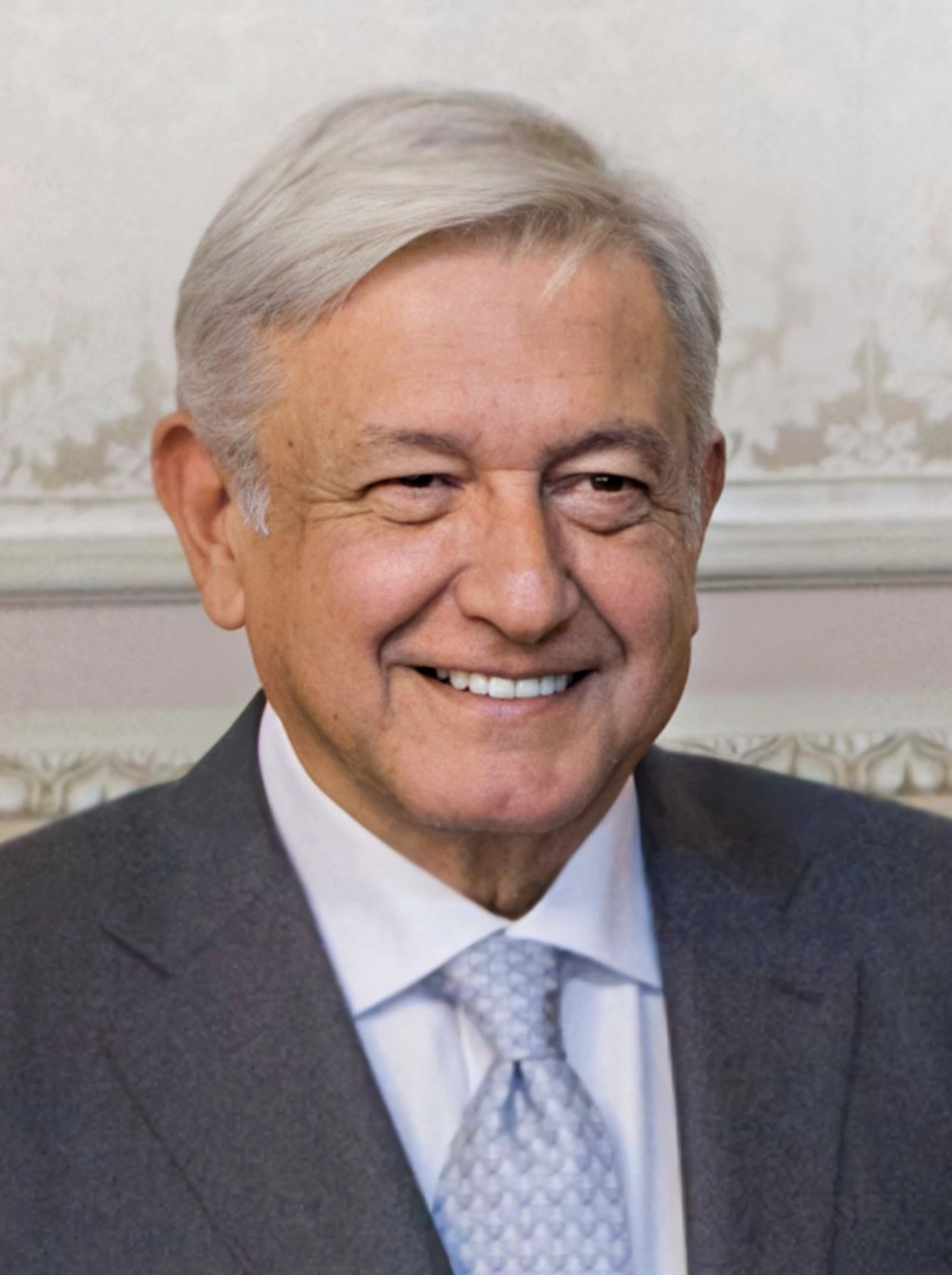
Innovative Policies
Between the years of 2000 and 2005, he held the esteemed position of head of the Federal District government. During this pivotal time, he championed a powerful slogan: “For the good of all, the poor first.” This phrase not only served as a rallying cry but also reflected his deep-seated commitment to implementing social programs aimed at uplifting the most vulnerable members of society. His administration prioritized initiatives such as old-age pensions, which provided financial security for the elderly, and comprehensive financial support for single mothers, ensuring they had the resources necessary to care for their families and improve their quality of life.
Challenges and Controversies
Despite the notable successes of his administration, López Obrador encountered a myriad of challenges that tested his leadership. Among these were serious corruption scandals that threatened to undermine public trust in his government, as well as pressing public security issues that plagued the region. In 2004, the situation escalated when impeachment proceedings were initiated against him, casting a shadow over his tenure. However, the overwhelming support from the public played a crucial role in this tumultuous period, as citizens rallied behind him, ultimately leading to the dismissal of the charges. This episode highlighted both the resilience of his leadership and the strong connection he maintained with the populace, even in the face of adversity.
Presidential Campaigns

2006: A Narrow Defeat
In the 2006 presidential election, López Obrador was initially favored but lost to Felipe Calderón by a mere 0.56 percent. His supporters’ demand for a recount highlighted the deep divisions in Mexican politics.
2012: Another Attempt
Running again in 2012, he finished second to Enrique Peña Nieto. Allegations of election law violations by the PRI further fueled his political narrative.
The Birth of MORENA

Founding a New Party
Disillusioned with the PRD, López Obrador founded the National Regeneration Movement (MORENA) in 2014. This move allowed him to position himself as a fresh alternative in Mexican politics.
2018: A Landslide Victory
In the 2018 presidential election, López Obrador achieved a historic victory, marking the first time in nearly 90 years that a president was not elected from the PRI or PAN. His focus on social justice and anti-corruption resonated with voters.
Presidency: Policies and Challenges
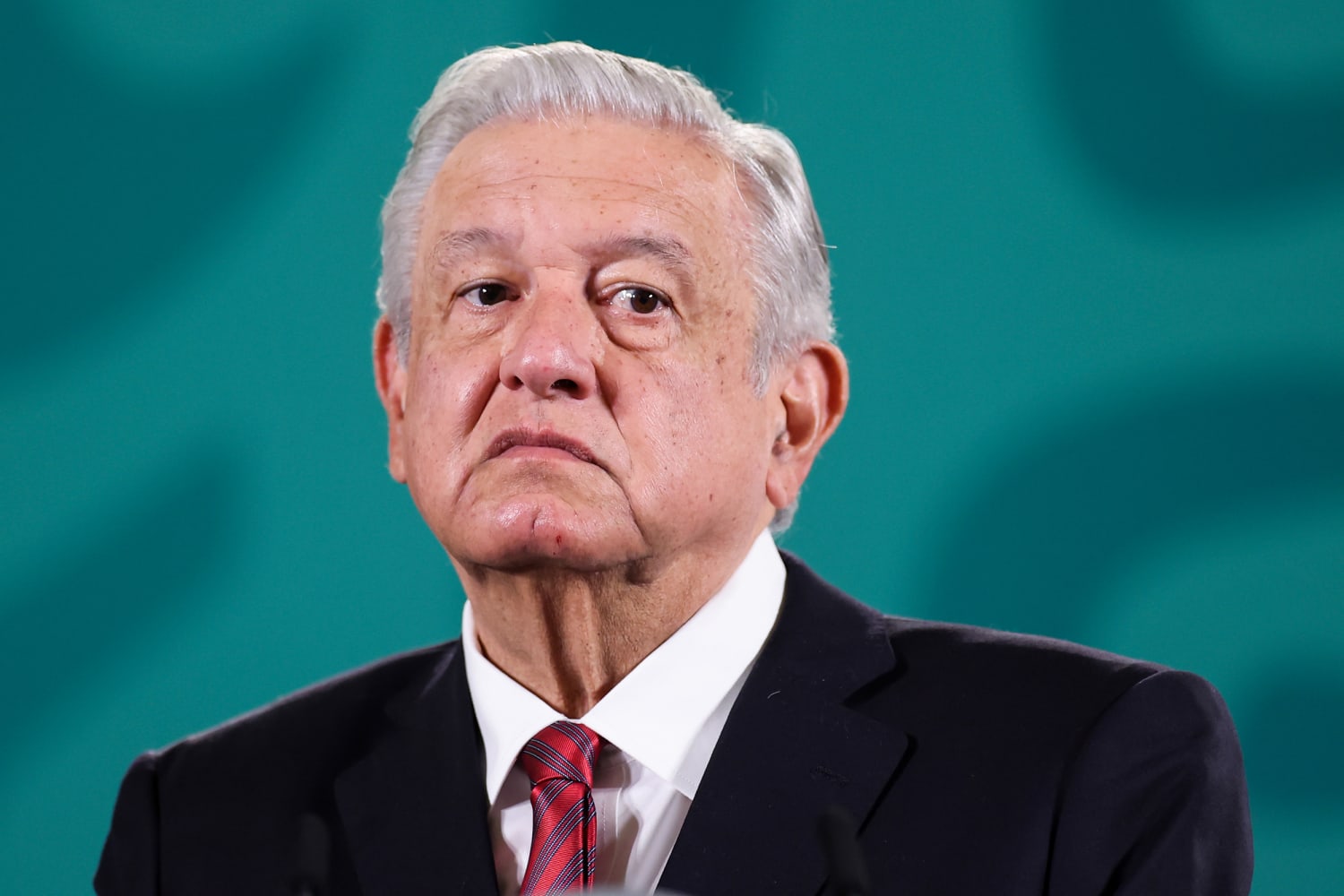
Addressing Poverty and Inequality
Once in office, López Obrador prioritized direct payments to millions of Mexicans living in poverty. His administration aimed to raise the minimum wage and implement labor reforms to level the playing field.
Criticism from the Middle Class
While he enjoyed support from the lower classes, many in the middle class criticized his populist approach, fearing it would exacerbate existing inequalities.
The Fourth Transformation
López Obrador branded his presidency as the “Fourth Transformation” of Mexican society, positioning himself as a savior against the political and economic elites.
Security and Crime
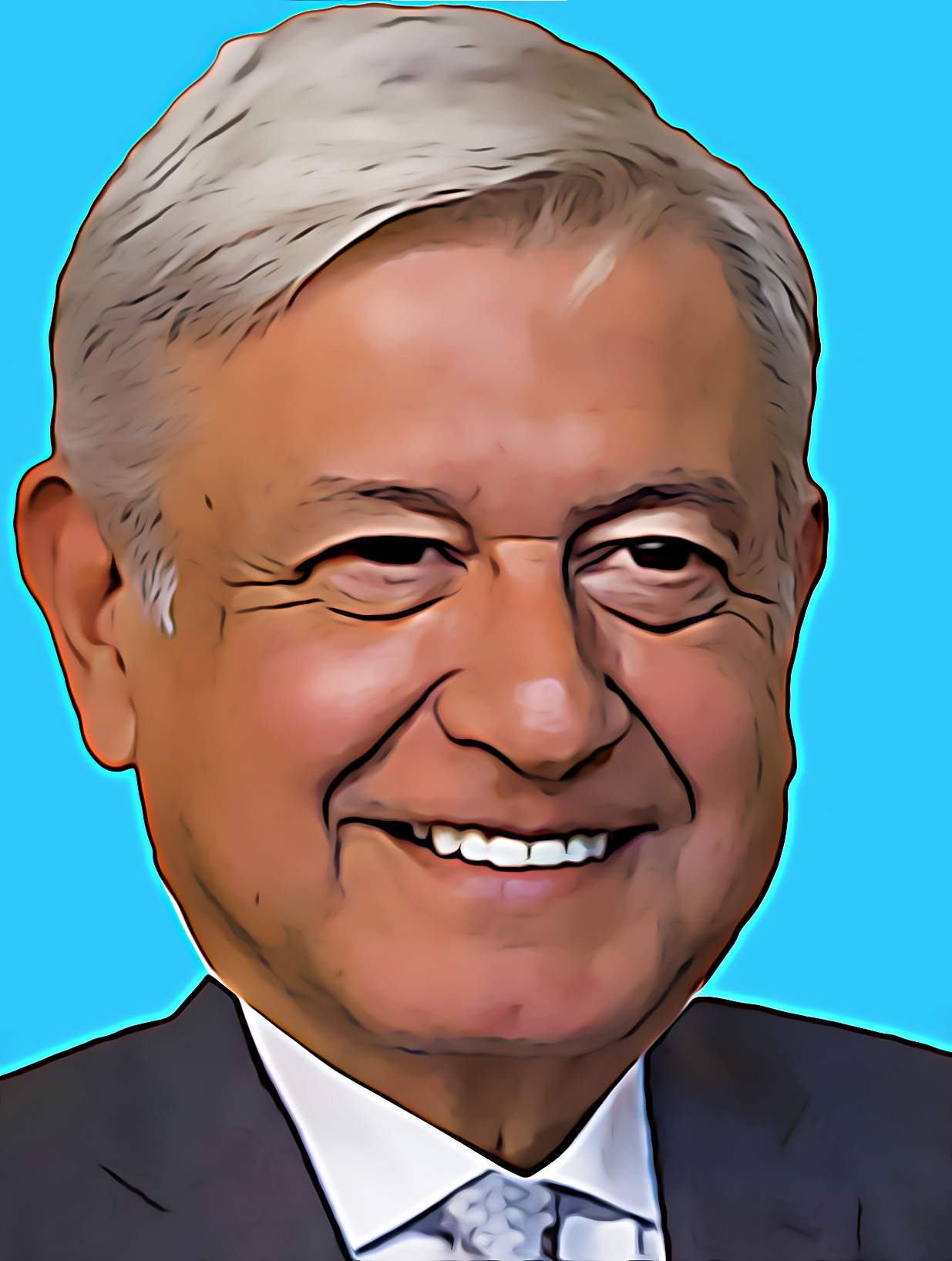
Rising Violence
Despite campaigning on reducing military involvement in policing, López Obrador faced criticism for extending military powers amid a rising homicide rate. The creation of the National Guard raised concerns about civil rights violations.
COVID-19 Pandemic Response
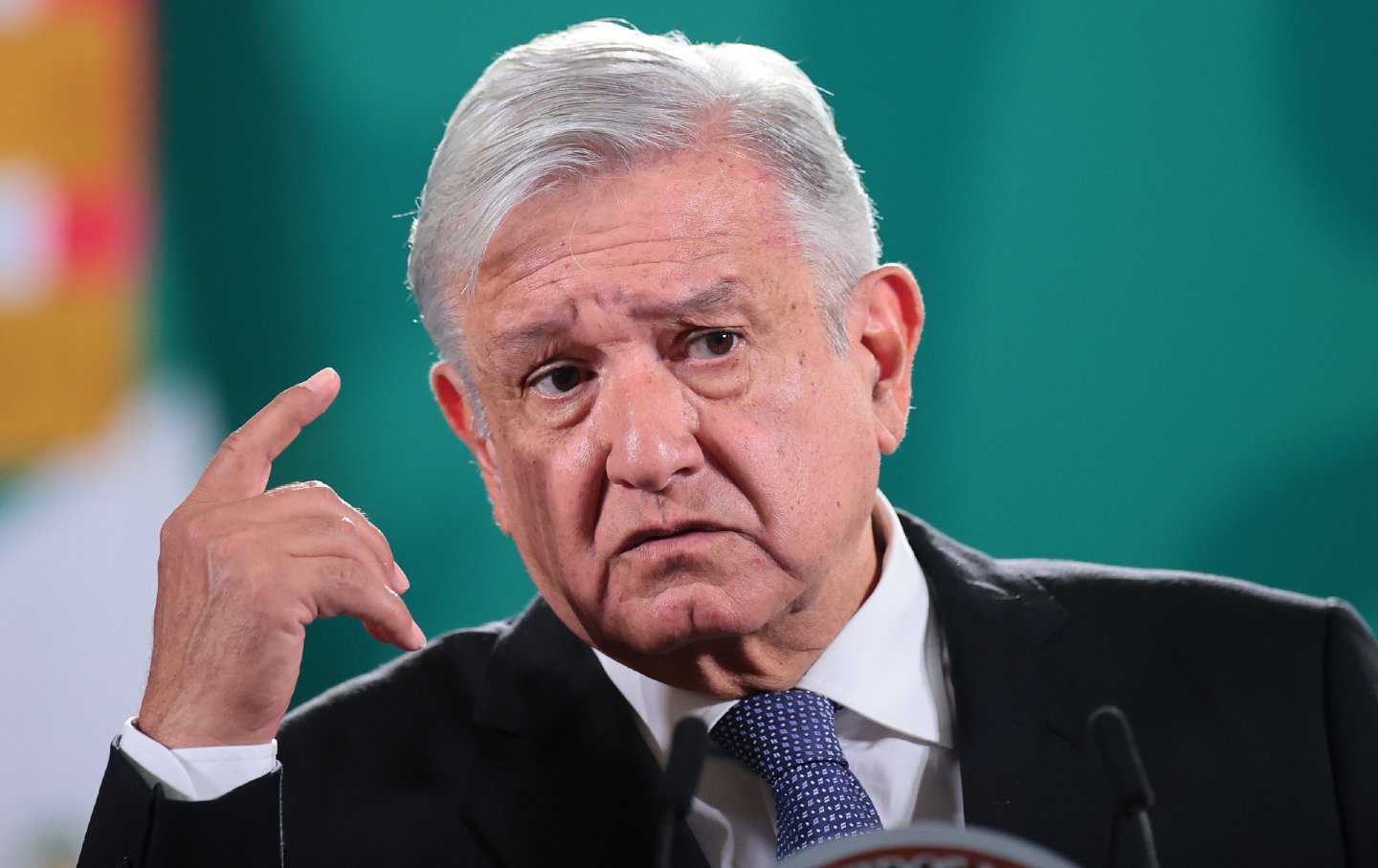
Initial Reactions
The COVID-19 pandemic posed a significant challenge for López Obrador. His government implemented a two-month lockdown but faced backlash for not enforcing strict health measures.
Consequences of Inaction
By early 2021, the death toll had reached alarming levels, and the economy suffered a contraction of over 8 percent. Critics labeled his pandemic response a failure.
Midterm Elections and Public Sentiment
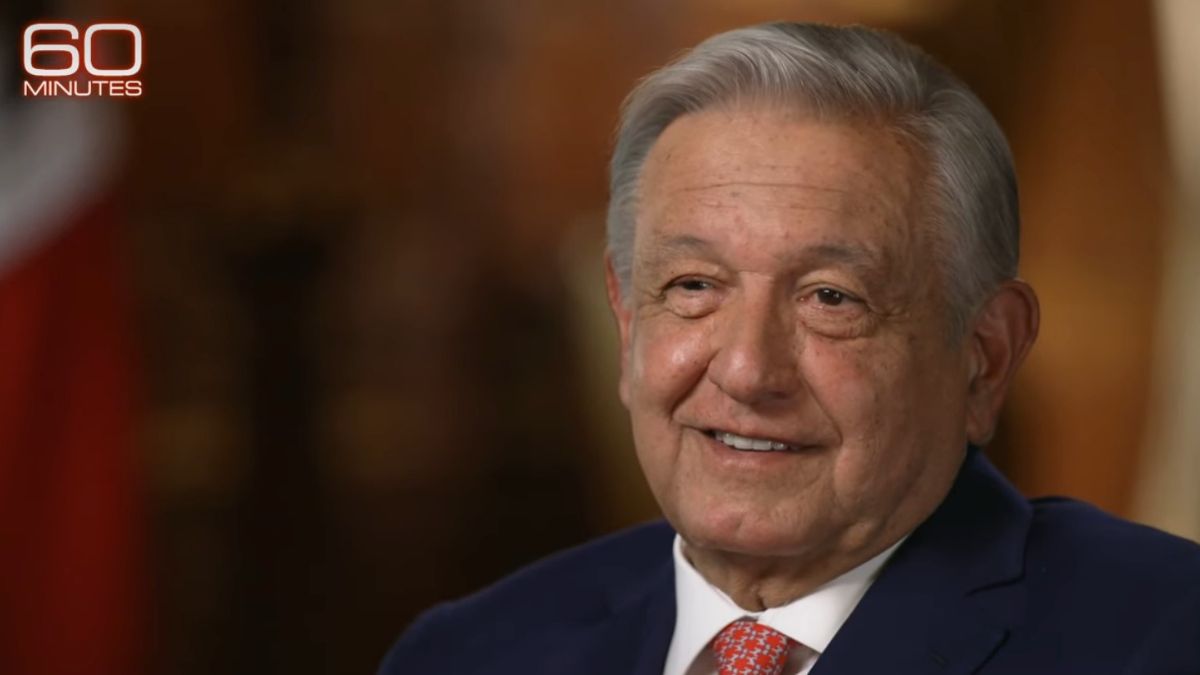
2021 Midterm Elections
The June 2021 midterm elections served as a referendum on López Obrador’s presidency. Despite losing seats, his party, MORENA, maintained a majority, reflecting his continued popularity among the disadvantaged.
Referendum for Renewal
In April 2022, López Obrador held a controversial referendum to renew his mandate. Although 90 percent voted to keep him, the low turnout rendered the vote non-binding.

Andrés Manuel López Obrador’s journey from humble beginnings to the presidency is a testament to his resilience and commitment to social justice. While his presidency has faced numerous challenges, his impact on Mexican politics and society is undeniable. As he continues to navigate the complexities of governance, the question remains: can he fulfill his promises and truly transform Mexico?
| Year | Event |
|---|---|
| 1953 | Born in Villa de Tepetitán, Tabasco |
| 1972-1976 | Studied Political Science at UNAM |
| 2000-2005 | Head of the Federal District Government |
| 2006 | First Presidential Run |
| 2012 | Second Presidential Run |
| 2014 | Founded MORENA |
| 2018 | Elected President of Mexico |
| 2021 | Midterm Elections |
| 2022 | Referendum for Renewal |

